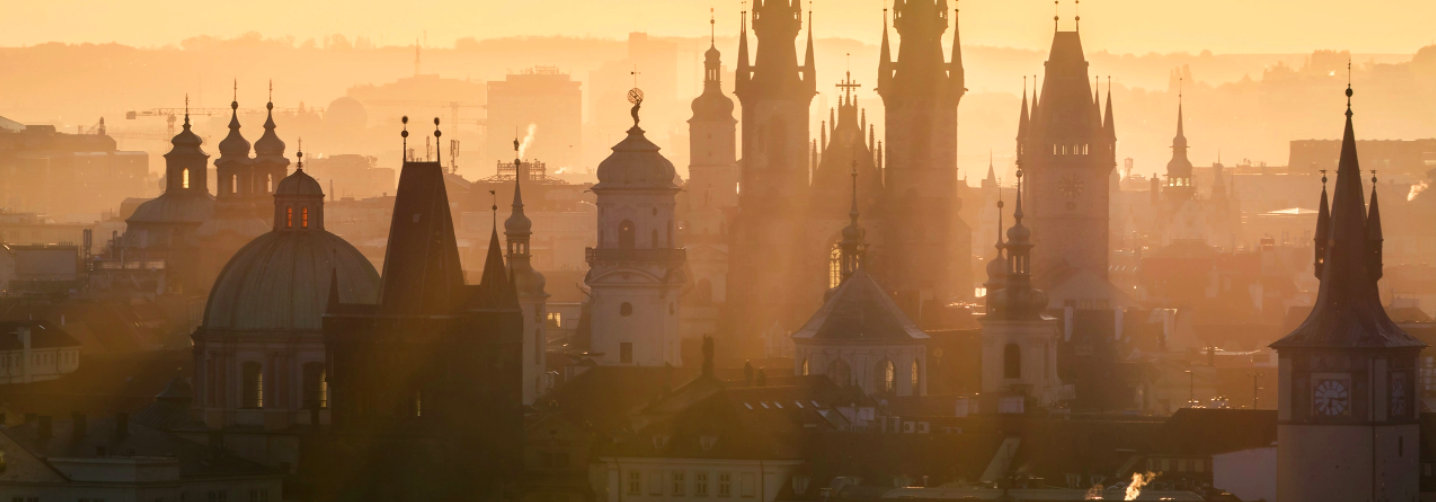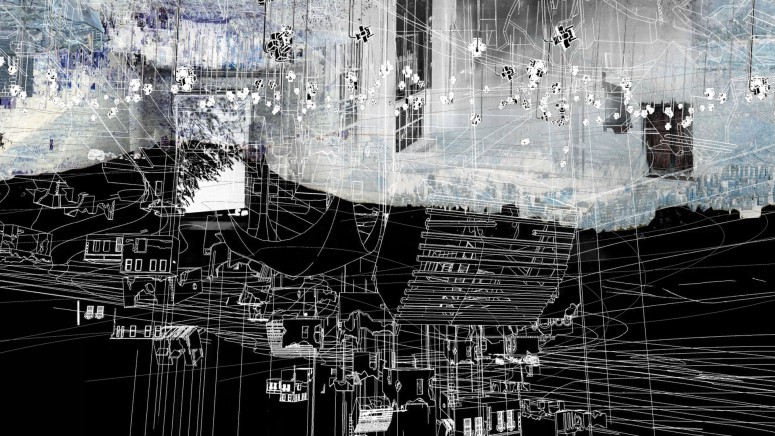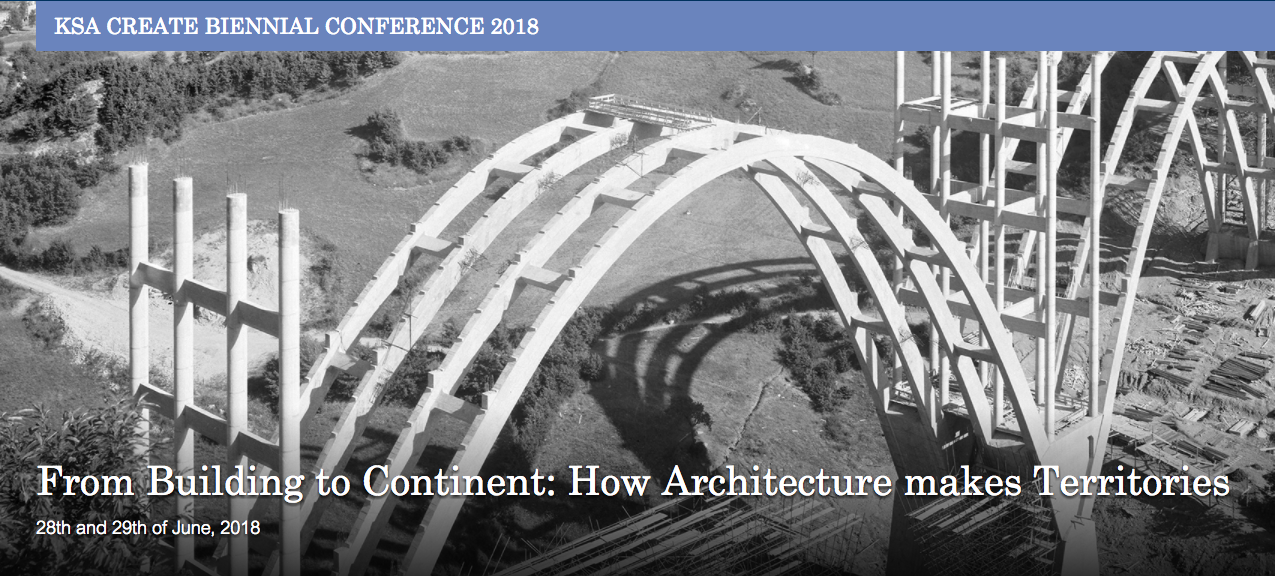Conference dates: 28th to 30th of June 2023
Deadline for submission of abstracts: 15th of April 2023
Organisers: Czech Technical University, with Amps, Intellect Books, and UCL Press
Publisher: Intellect Books
Formats: Fully In-person, Virtual, Hybrid
Themes: Art & Design Practice, Museums and Places of Memory, Local Histories – Regional Cultures, Art History, Heritage and Identity
Disciplines: Art, design, architecture, art history, social history, cultural studies, anthropology, and more.
CALL Summary:
2023 marks the twentieth anniversary of the UNESCO Convention on Cultural Heritage. That event came three decades after the World Heritage Convention. Through that, UNESCO had set up its World Heritage List of protected sites and buildings. The intervening years have seen multiple shifts in how we define heritage – as both material objects and social traditions. Today more than ever before, the distinction is blurred. The streets on which we live, the edifices we design and the monuments we protect are all connected to the lifestyles, traditions and social groupings we celebrate and safeguard.
What we mean by heritage today then, is an open and diverse question. Our buildings and environments, our cities and neighborhoods, our memorials and our artworks, our cultures and communities are all component parts of what we understand as ‘preservable’ history.
However, the past and the present also overlap and mutually support in this expanded definition. Placemaking sees built and cultural heritage as key to urban practice. Contextualization is central to planning laws. Museums are site for communities and display. Heritage organizations preserve buildings and educate the public. Galleries present historical art while debating meanings in contemporary terms.
This conference seeks to open debate on these changing, complex and at times contradictory definitions of heritage.
Czech Technical University with AMPS and Intellect Books












